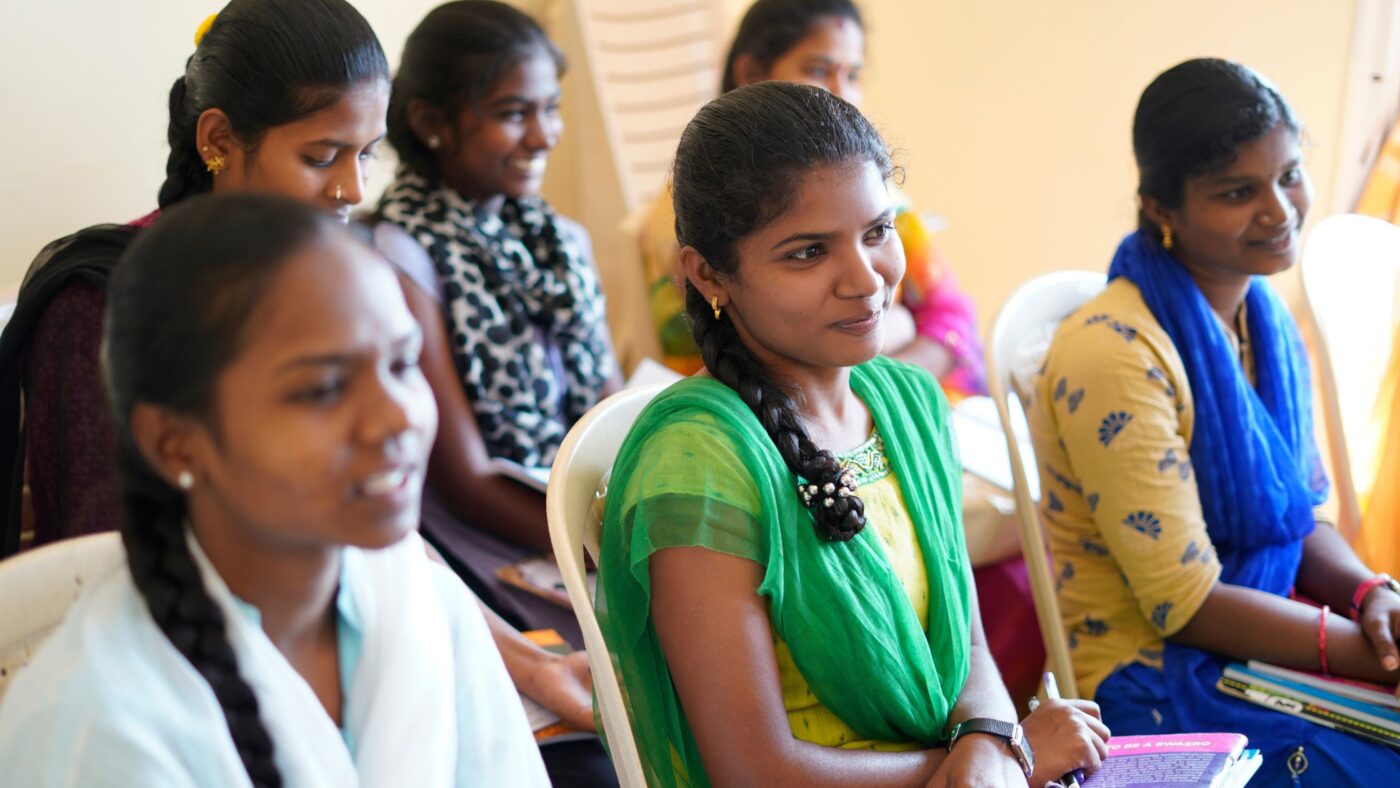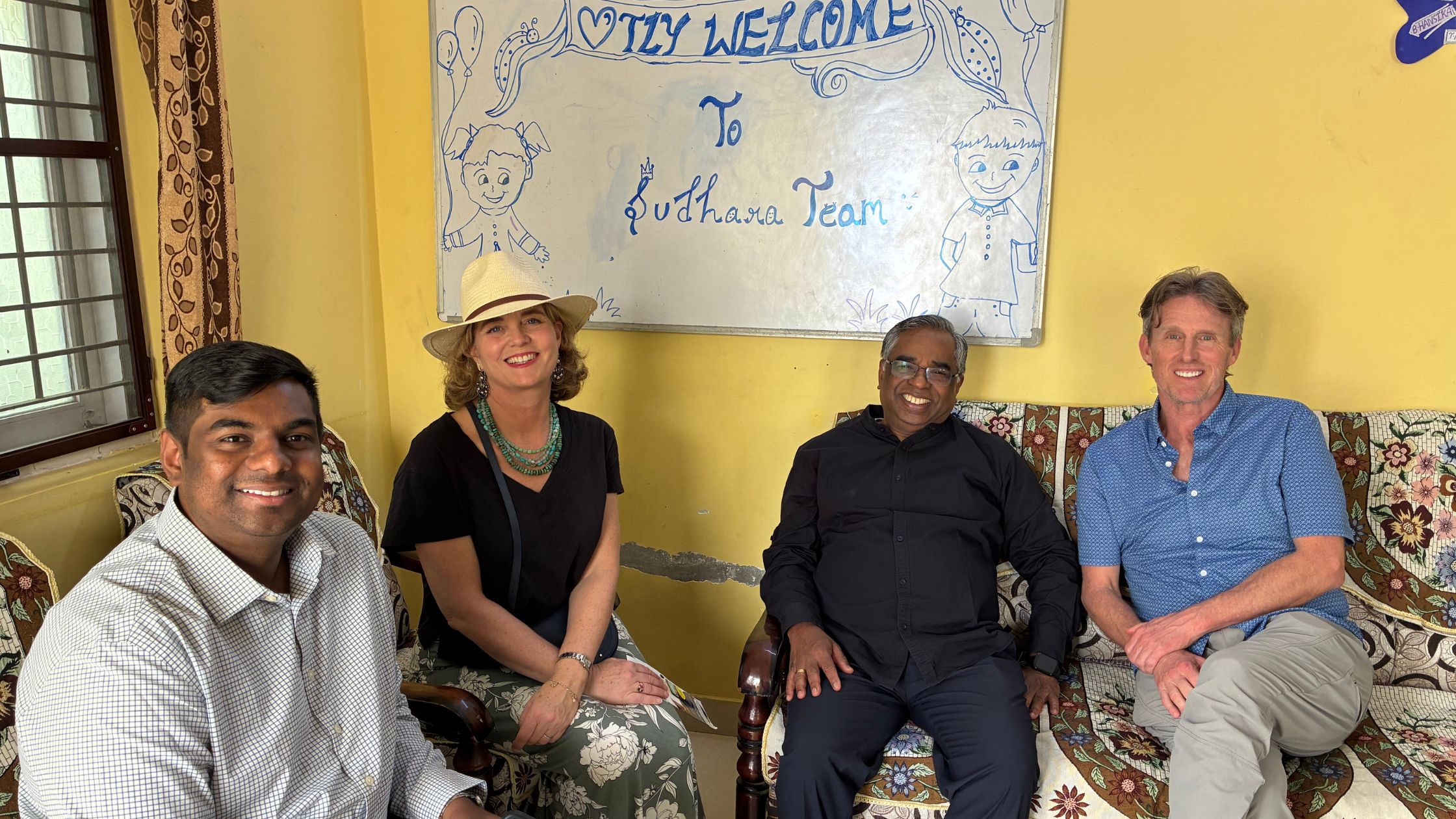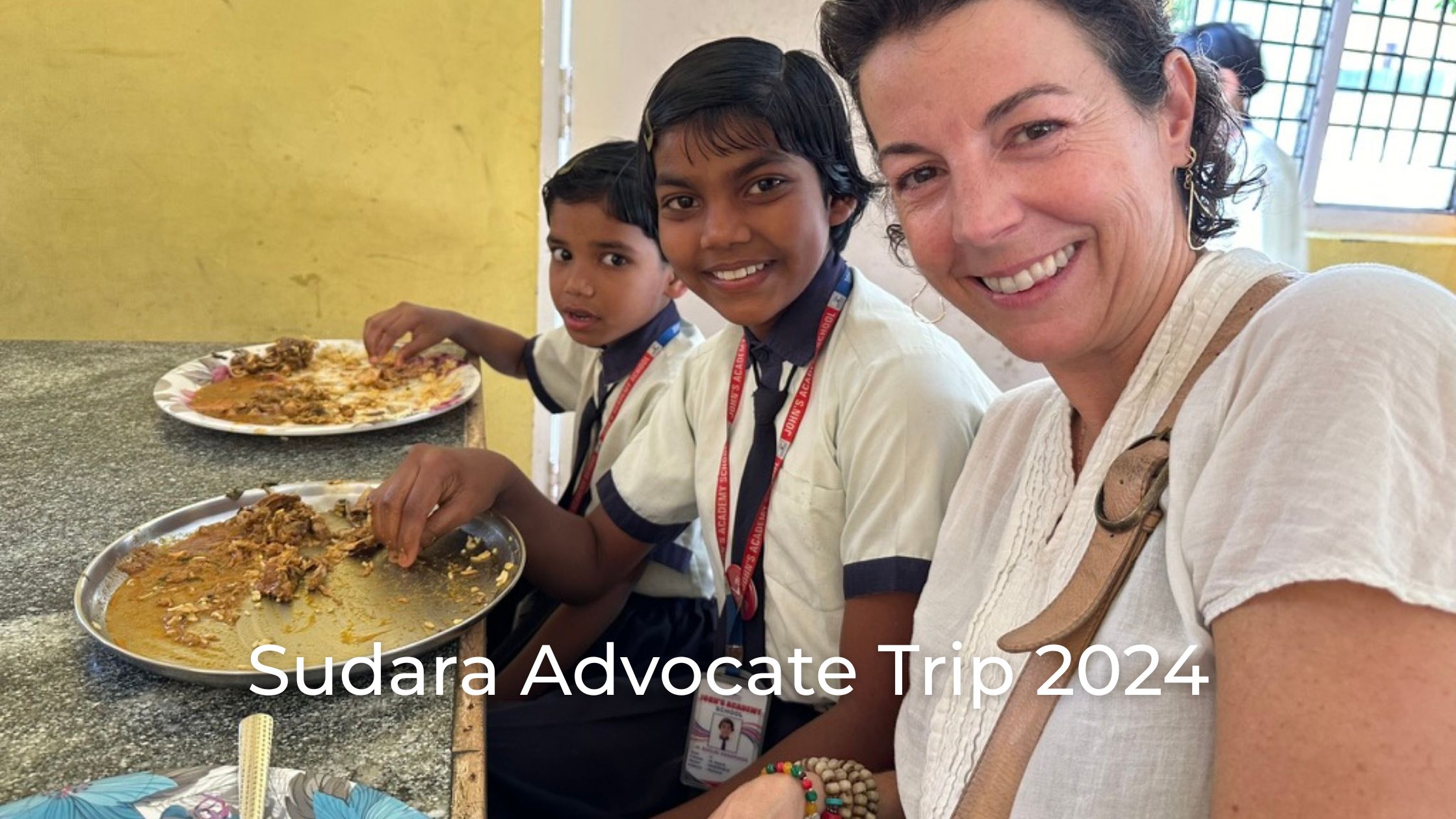Sudara Freedom Fund conducts interviews with our beneficiaries each year to evaluate quality of life across four key dimensions: education, financial stability, psychological well-being, and community. We assess our progress and impact in these areas based on interactive discussion with the women and children we serve, as well as data indicating graduation and employment rates.
Access to Education
Education is a crucial element in transforming despair into hope and confidence. Stories consistently show that vocational training not only builds self-assurance but also equips individuals with skills to improve their livelihoods, start businesses, and support their families. Education acts as a key to unlocking aspirations and paving the way for a transformative future.
Beneficiaries of our educational programs show increased confidence and ambition, viewing education as an empowering journey rather than a final destination. Enhanced education opens doors to better job opportunities, leading to improved income, increased economic participation, and strengthened societal resilience. The Better Life Index underscores the connection between higher education, job security, and lifelong earnings, emphasizing education’s pivotal role in personal and societal advancement.
Our focus on education supports Sustainable Development Goals 4: Quality Education and 10: Reduced Inequalities, affirming its ongoing contribution to individual and societal progress.
Increased Financial Stability
Economic stability is a central focus, especially given the financial and educational insecurity many individuals face. The personal income earned through job training significantly boosts self-esteem, empowering individuals to meet their own and their families’ needs. Initially, women seek job training for immediate relief from financial instability or safety concerns, but their perspective shifts towards viewing it as a path to long-term financial independence.
Achieving financial autonomy involves overcoming initial challenges and experiencing transformative changes. This approach aligns with the WHO’s Quality of Life Framework, which identifies financial freedom as a critical factor in well-being. Empowering women with job skills addresses immediate needs while fostering a resilient community and broader economic stability. This transition reflects Sustainable Development Goals 1: No Poverty, 5: Gender Equality, and 10: Reduced Inequalities.
Increased Psychological Well-Being
Narratives from our beneficiaries consistently reflect heightened empowerment, dignity, and self-confidence after engaging with the John Foundation. These stories reveal significant transformations, with individuals experiencing increased life satisfaction and pride in their ability to provide for themselves and their families.
Psychological well-being, as highlighted in these accounts, aligns with the WHO’s Quality of Life Framework, which values dignity, self-acceptance, balance, contentment, peace, and joy. Although no specific SDG metrics directly address psychological well-being, the OECD’s Better Life Index recognizes “Life Satisfaction” as a key indicator. Increased fulfillment, motivation, and overall well-being contribute to societal productivity and economic resilience.
Women’s initial lack of confidence and dignity transforms through vocational training and financial stability, leading to improved psychological well-being. They develop pride in their self-sufficiency, which often motivates them to advocate for similar opportunities within their communities. This ripple effect benefits families and communities, aligning with the 2021 UNICEF State of the World’s Children report, which highlights that educated mothers in India are more likely to prioritize their children’s education, improving future generations and mitigating mental health challenges.
Community and Social Relationships
Community engagement and a sense of belonging are vital for fostering dignity, self-confidence, and self-acceptance. The WHO’s Quality of Life Framework highlights the role of one’s environment in overall well-being, with a supportive community being essential during crises for overcoming challenges and providing consistent support.
The majority of women come to the John Foundation through community referrals, demonstrating our trusted presence. This trust allows village leaders to confidently direct women and children to our services. The John Foundation’s role in creating a sense of belonging facilitates smooth societal reintegration through safety provisions, vocational training, education, and rehabilitation.
Initially seeking immediate assistance, women become more integrated into the community over time, appreciating the reliable support system. Higher education levels among participants contribute to promoting unity, societal stability, and resilience. This aligns with the OECD Better Life Initiative’s ‘Social Support Network’ indicator, highlighting how strong community connections foster inclusive growth and emotional support. Conversely, weak community bonds can lead to isolation and limited opportunities, emphasizing the importance of building societal stability and resilience.
Sudara Freedom Fund’s initiatives have a profound and multifaceted impact on the lives of those we serve. By addressing education, financial stability, psychological well-being, and community integration, we continue to foster transformative changes that uplift individuals, strengthen families, and enhance community resilience. Our ongoing commitment to these areas reflects our dedication to making a meaningful difference in the lives of those at the heart of our mission.



